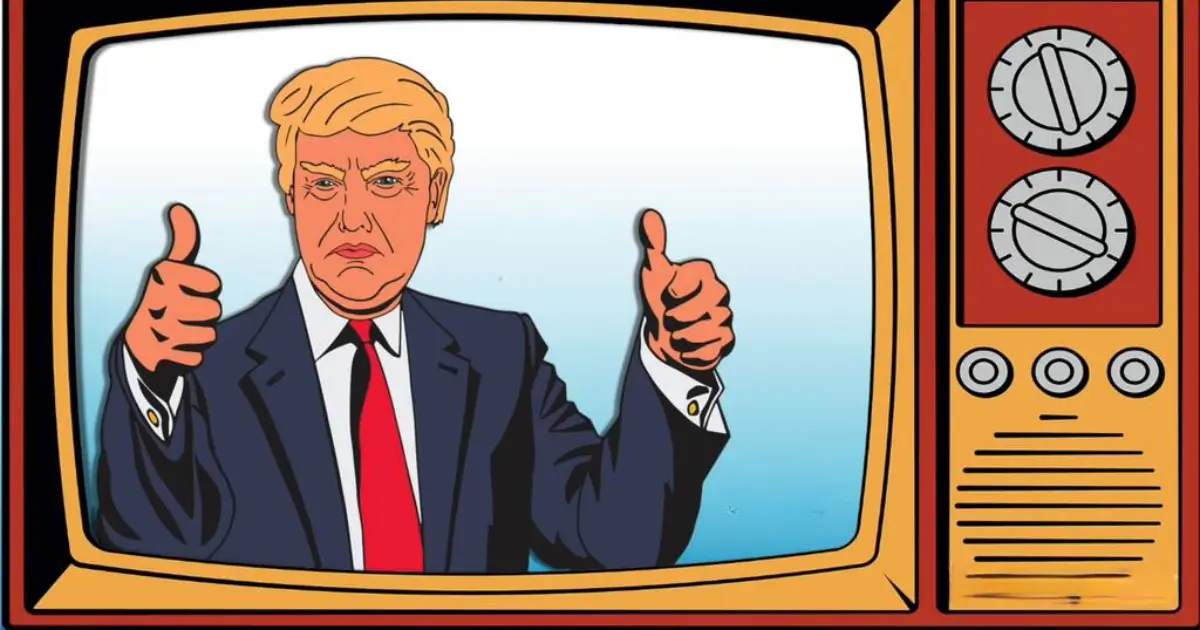Blogs
The Role of Satire in Political Persuasion

Satire cuts deeper than most people expect. It doesn’t just entertain. It disarms. It opens doors to uncomfortable truths. As someone who spends most of his day navigating political chaos, I’ve seen satire reach people who would never watch a formal debate or read a news brief. That’s why I believe there’s a role for satire in political persuasion. And that is far more important than we give it credit for.
I’m not a comedian, but I’ve learned how humor breaks through where facts sometimes can’t. Here’s what I found out.
Satire Makes the Truth Easier to Swallow
When political messaging is too blunt, people tune out. They feel attacked. But satire invites people in. It gives them space to laugh, then think. A well-crafted joke can spotlight hypocrisy, expose corruption, and challenge power without sounding preachy. That emotional distance is what makes the message land.
Even on The Daily Mic Drop, I’ve had moments where a clipped headline or a perfectly timed punchline in an interview turned a complex policy into a viral moment. That’s not an accident. That’s strategy.
It Levels the Playing Field
Authoritarian movements thrive on fear. Satire erodes that by making their leaders look absurd. It reminds people that these so-called strongmen aren’t invincible, they’re human, fallible, and often hypocritical. Mocking power isn’t just comedy. It’s resistance.
Trump, for instance, thrives on dominance. But when the internet memes his spelling mistakes or when late-night hosts highlight his contradictions, his control over the narrative weakens. And whether you’re a content creator or a political strategist, that shift in perception is gold.
But It Has to Be Honest
Satire works when it’s grounded in truth. The moment it distorts reality too far, it risks becoming misinformation itself. I’ve seen clips and memes go viral for the wrong reasons, where the joke overtakes the point. That’s not persuasion. That’s confusion.
So when we use satire at Call to Activism, we vet it like any other post. We make sure the facts are clear, even if the delivery is punchy, because credibility matters more than clicks.
Conclusion
The role of satire in political persuasion isn’t just about getting laughs. It’s about getting attention and then using that attention to open people’s eyes. In a space overrun with noise and outrage, satire remains one of the most underrated tools in the fight for truth. And we make sure to use it smartly. If you want to learn more about satire and how to use it in the digital political space, then be sure to leave us a message, and we’ll get back in touch.
